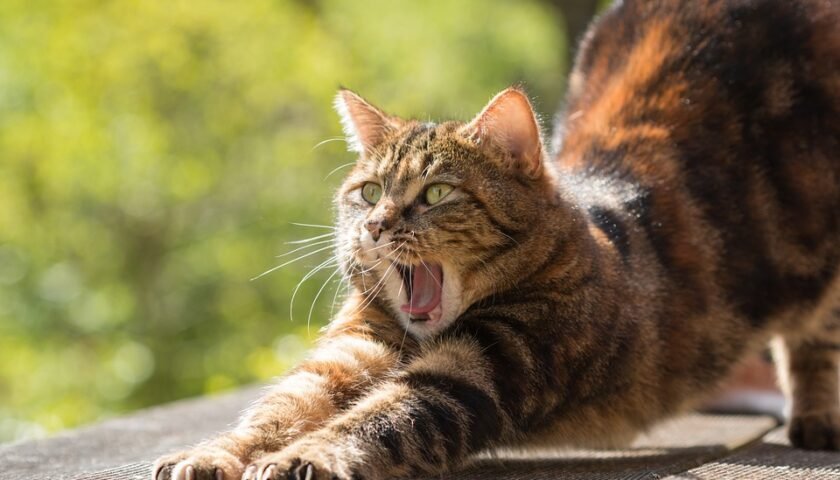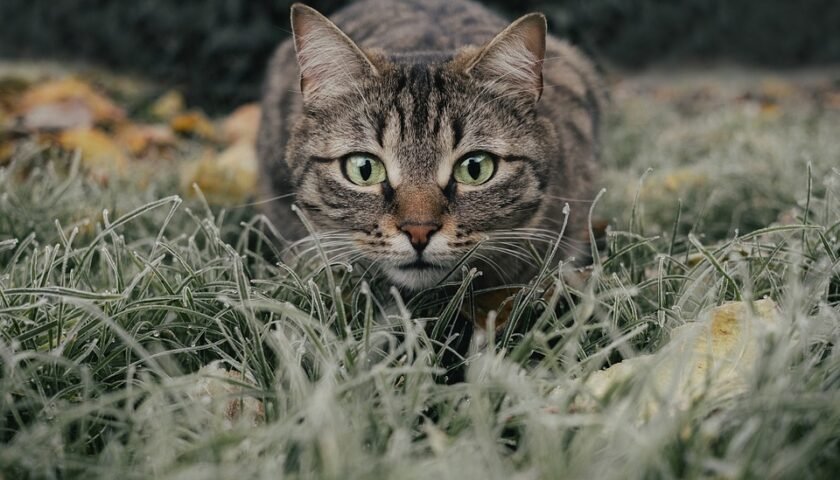[ad_1]
In recent years, the popularity of exotic pets has been on a steady rise. From peculiar reptiles to exotic birds and even unusual mammals, people are delving into the world of non-traditional pets. However, owning and providing adequate care for these unusual creatures requires thorough understanding and specialized knowledge. In this article, we will explore the essential requirements and best practices for delving into exotic pet care.
One of the fundamental requirements for exotic pet care is the provision of suitable housing. Unlike cats and dogs that can thrive in standard homes, exotic pets often have specific habitat needs. For instance, reptiles like snakes and geckos require enclosures that mimic their natural environment, including temperature-controlled habitats with UVB lighting. Birds like parrots need spacious cages with different perches and toys to keep them mentally stimulated. Additionally, mammals such as sugar gliders or hedgehogs require large, secure enclosures with areas for climbing and exercise.
Another crucial aspect of exotic pet care is their diet. Each species has unique dietary requirements that must be met to ensure optimal health. For example, some exotic reptiles are carnivorous, feeding on live or frozen prey, while others are herbivorous or omnivorous and require a varied diet. It is essential to research and understand the specific nutritional needs of your exotic pet to provide them with the appropriate and balanced diet they require.
Besides housing and diet, proper veterinary care is essential for the well-being of exotic pets. Exotic animals often require specialized veterinarians with experience in their particular species. Regular check-ups, vaccinations, and parasite control are crucial to prevent and detect any potential health issues. Establishing a good rapport with a knowledgeable exotic pet veterinarian is crucial in case of emergencies or health concerns.
Furthermore, mental stimulation is key to the overall welfare of exotic pets. Many of these animals are highly intelligent and need mental exercises and environmental enrichment to thrive. Providing toys, puzzles, and interactive activities tailored to their species helps prevent boredom and promotes their well-being.
Additionally, it is important to highlight that research and education are vital when considering an exotic pet. Potential owners must thoroughly familiarize themselves with the species they are interested in, considering their specific needs and requirements. Understanding their natural behavior, social structure, and individual characteristics will help make informed decisions and provide the best care.
Finally, responsible ownership is a crucial aspect of exotic pet care. Just as with any pet, commitment and dedication are necessary. Exotic pets often have long lifespans and may require specialized care for an extended period. Financial resources, time availability, and the ability to provide the necessary environment and care should be carefully considered before bringing an exotic pet into your life.
In conclusion, delving into exotic pet care requires essential requirements and best practices. Adequate housing, appropriate diet, veterinary care, mental stimulation, thorough research, and responsible ownership are all vital aspects. By diligently meeting these requirements, exotic pet owners can ensure the health and well-being of their unique companions, fostering rewarding and enriching relationships for years to come.
[ad_2]




